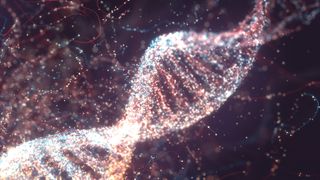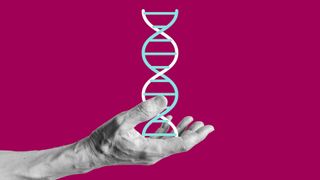Genetics news, features and articles
Latest about Genetics
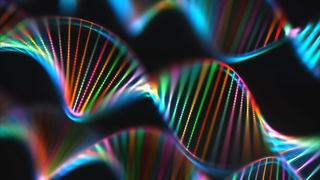
Genetics: How do we inherit traits from our ancestors?
By Mindy Weisberger published
Discover interesting facts about how traits are passed down over generations through DNA.

A tragic gene therapy death that stalled the field for a decade — Sept. 17, 1999
By Tia Ghose published
Sept. 17, 1999: Jesse Gelsinger died after receiving a gene therapy treatment to treat a liver disease. The death sparked an investigation and caution around gene therapy, which ultimately stalled the field for years.
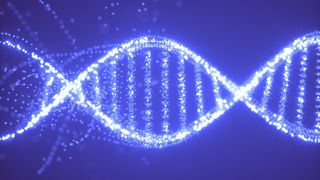
Gene that human ancestors lost millions of years ago could help treat gout
By Jennifer Zieba published
Researchers used evolutionary genetics and CRISPR gene editing tech to develop an innovative treatment for gout. The approach has yet to be tested in humans.
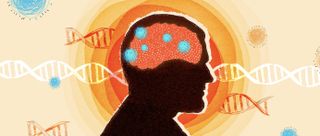
Scraps of ancient viruses make up 40% of our genome. They could trigger brain degeneration.
By Amber Dance, Knowable Magazine published
Our genomes are peppered with DNA segments called retrotransposons that can move from place to place. When unleashed, some can kill nerves and promote inflammation — a discovery that may inspire treatments for neurodegeneration.
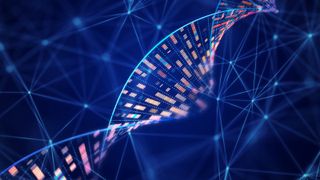
Scientists uncover 'coils' in DNA that form under pressure
By Larissa G. Capella published
A new study shows that DNA forms coils under stress, not the tangled knots that scientists expected.
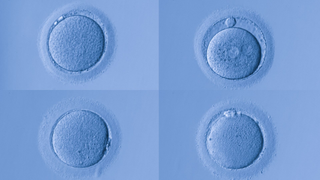
Special protection may help human eggs stay fresh as the body ages
By Nicoletta Lanese published
A new study suggests that the mitochondria in human egg cells don't accumulate DNA mutations with age, which sets them apart from other tissues in the body.

8 'hotspots' in the genome linked to ME/CFS in largest study of its kind
By RJ Mackenzie published
A large study of ME/CFS included more than 15,000 people and identified eight locations in the genome linked to the disease.
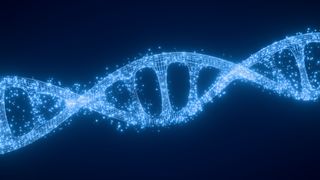
Humans may have untapped 'superpowers' from genes related to hibernation, scientists claim
By Christoph Schwaiger published
Scientists pinpointed key "regulators" that help control the metabolisms of hibernators, and say the same genes might hold untapped benefits for humans.
Get the world’s most fascinating discoveries delivered straight to your inbox.
 Live Science Plus
Live Science Plus










